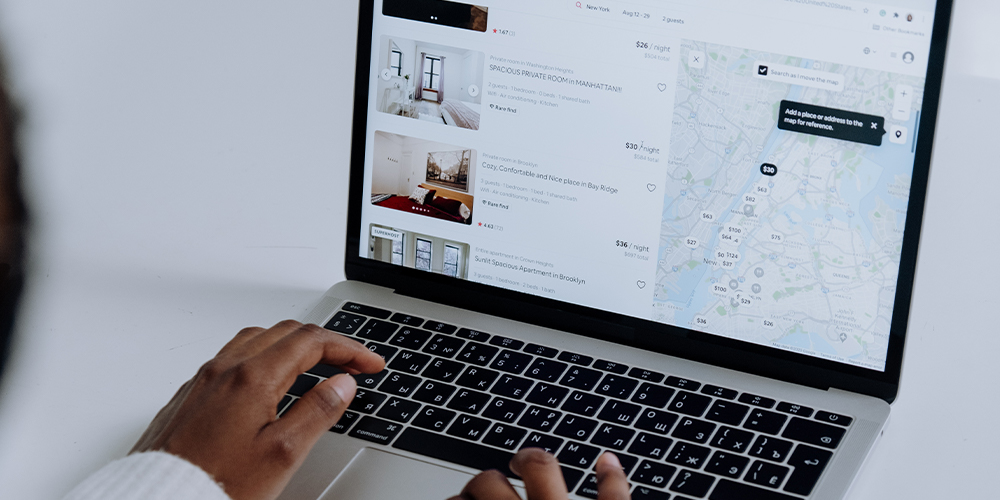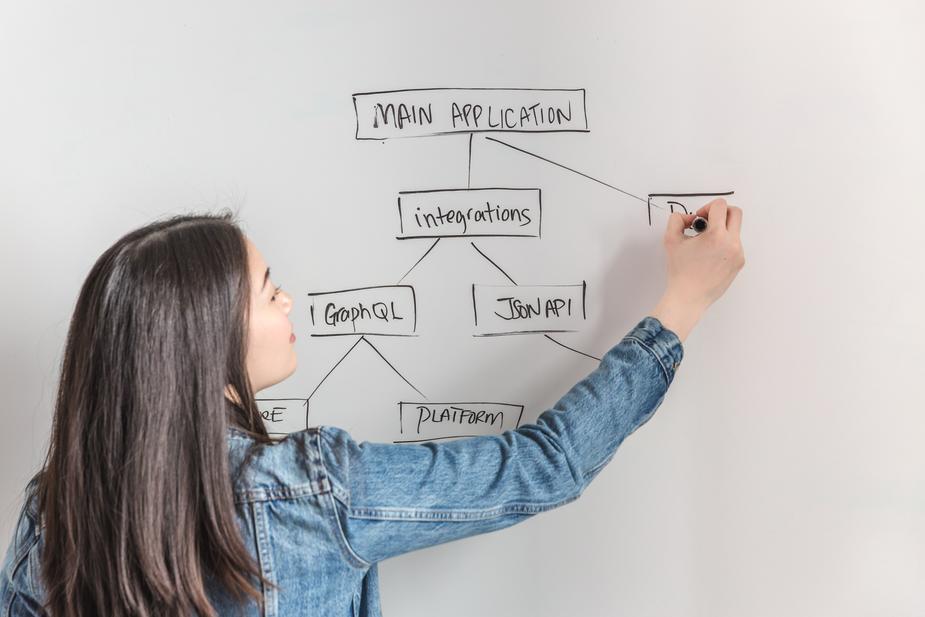As the world scrambles to figure out the best way to prevent the spread of the Coronavirus and halt the ongoing pandemic, researchers are searching for a cure. In order to do so, it is beneficial to track patterns in the virus’s behavior.
Since the virus’s initial spread in December, thousands of papers have been written about the Coronavirus, or COVID-19. It would take weeks, if not months, for a person to collate all that information into some valuable data. This is where AI comes in to help.
Earlier this week the White House announced that they were working in collaboration with tech companies and members of academia to provide the huge amount of Coronavirus research to AI researchers and their algorithms.
The AI will be able to comb through all of the research we have to-date and search for patterns that could help those in the research field to find a cure and those in the medical field to better treat their patients. According to Wired, companies and institutions such as the National Library of Medicine, Microsoft Research, and the Allen Institute for AI (AI2) are currently working to gather and prepare the nearly 30,000 papers related to the virus so they can be processed by AI.
Hopefully, the AI’s algorithms are able to see something we cannot. It could find new connections that researchers have not been able to make and speed up the process.
The CEO of AI2, Oren Etzioni, is hopeful that this project will show people the brighter side of AI. “High tech, in general, has gotten a bad rap, but something like this crisis shows how AI can potentially do a world of good.”
There is no question that AI can help us find some answers as we face this pandemic. Whether or not this can all be arranged quickly enough to actually help mitigate the current crisis is the question. Some are wondering if U.S. resources would be put to better use by helping to address the shortage of Coronavirus test kits.
Experts are imploring people to think of the big picture. The issue of open access to medical and scientific research has been a topic of conversation among researchers for years. The pandemic has only highlighted the need. Now governments across the globe are calling on scientific publishers to open access for research on the Coronavirus so we can all work together in this time of global crisis.
Staff Writer, Natalie Gonzalez earned her B.A. in English and a Creative Writing Certificate from the University of Texas at Austin. She is a writer and social media nerd with a passion for building online communities.













































